If due diligence and the Competition Authority approve the Aurivo offer for the Arrabawn liquid milk sales book – an estimated pool of nearly 40m litres of milk sales – it means supermarkets will have one less processor to deal with when they want fresh milk. The official offer amount remains undisclosed.
The industry structure was already highly concentrated by big players. There will now be three processors with annual supplies in excess of 30m litres of milk for processing for liquid consumption, accounting for over 90% of registered milk supplies. In total, there are 12 fresh milk processors.
The move by Arrabawn to exit the liquid milk market means there will be three relatively big players left in the game to deliver fresh milk to retailers in Southern Ireland – Glanbia, Aurivo and Strathroy.
There are, of course, a number of other players in the Republic of Ireland market.
Down south you have Clona, the west Cork liquid milk arm and Lee Strand, the Kerry-based operation. In north Cork, you have the Kanturk brand and North Cork Creameries also does its own brand range in all pack sizes.
In the midlands, Lakeland Dairies has a taste of this fresh milk market with the LacPatrick merger that included the Town of Monaghan and Champion brands. You also have Centenary Thurles, headquartered in Thurles, Co Tipperary.
Up North, there is also Dale Farm, which does fresh and frozen sales into the Republic of Ireland. Green Pastures and Natural Dairies, based out of Convoy in Donegal, do a range of fresh milk options and own milk for some of the large retailers.
Competition forcing the change
The move to accept the Aurivo offer by Arrabawn is largely down to the competitive forces of the retailers playing one processor off against each other on contracts to supply fresh milk to supermarkets. Milk processors have jumped to the tune of the retailers as they chop and change contracts frequently.
It is also important to note that processors have struggled to get retail price increases for fresh milk from retailers and we see the food price index increases outstripping the fresh milk price increases for the last 30 years.
Supermarket concentration
The three largest multiple groupings had a 70% share of the Irish grocery market in 2021 and the five largest multiple groupings had a market share of 95%.
Aldi and Lidl, who continue to open new stores, had a market share of 25% in 2021 and are among the main retail channels for packaged fresh milk imports, as they have a long-running deal with Strathroy.
Branded versus own brand
In the Irish fresh milk market, it is estimated that just over 70% of milk sales in retail outlets are now sold as ‘own label’. The key here that negatively affects price for the farmers is that own label sales in 2l packs retail at an estimated average discount of 27% on processors’ brands.
Irish consumption
This move by Aurivo will strengthen its foothold in the market. We understand it will take the Aurivo liquid milk pool to in the region of 150m litres. The national milk agency suggests consumption of fresh milk has amounted to 563m litres so far, so Aurivo will have about 27% of the national pool.
In the Republic of Ireland, the fresh milk market is less than 5% of total milk supply, which was 8.8bn litres in 2021. Irish consumers have one of the highest per capita consumptions of fresh milk in the world, with an annual per capita consumption of 112l.
Long story short, the move should be positive for the industry as it centralises where investment is required in a market that will continue to be very competitive, despite this significant development. Is it a game changer? Probably not.



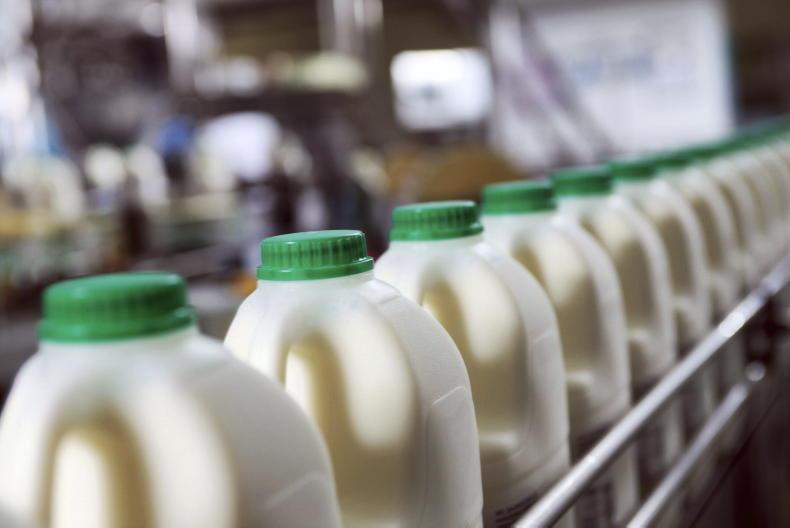

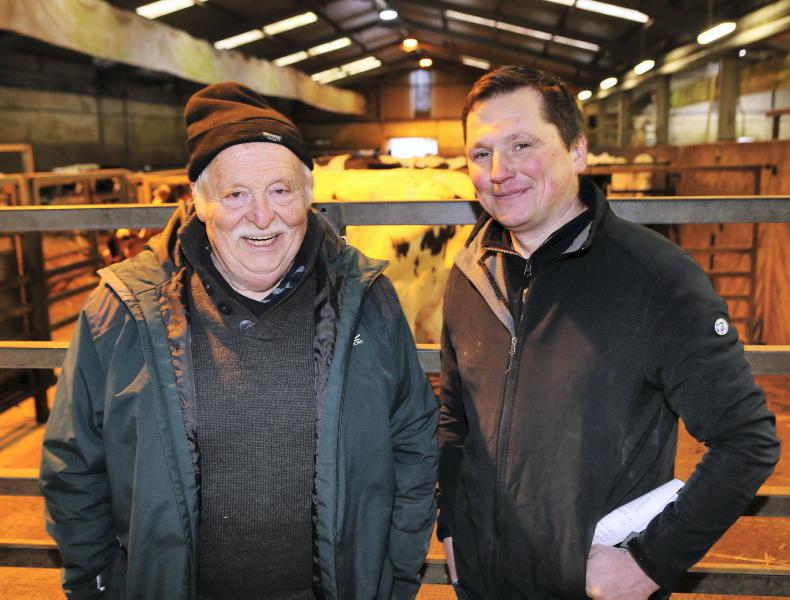

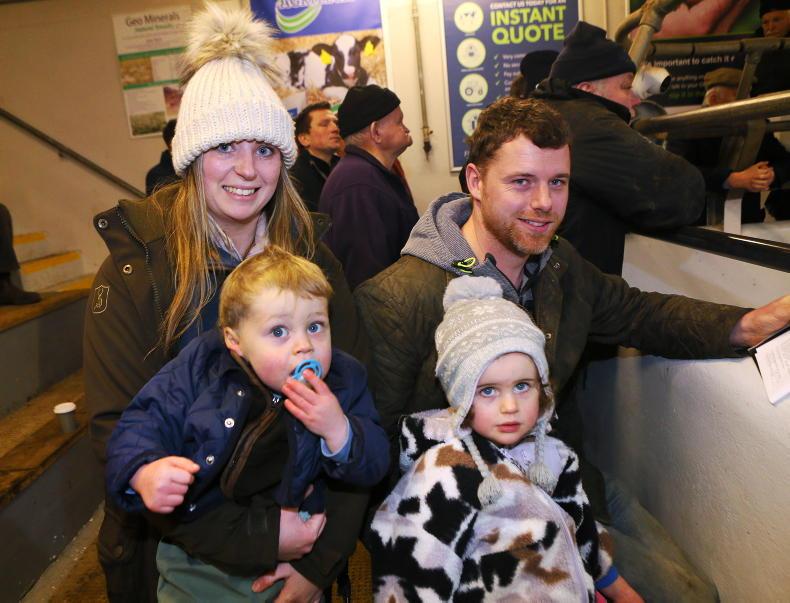
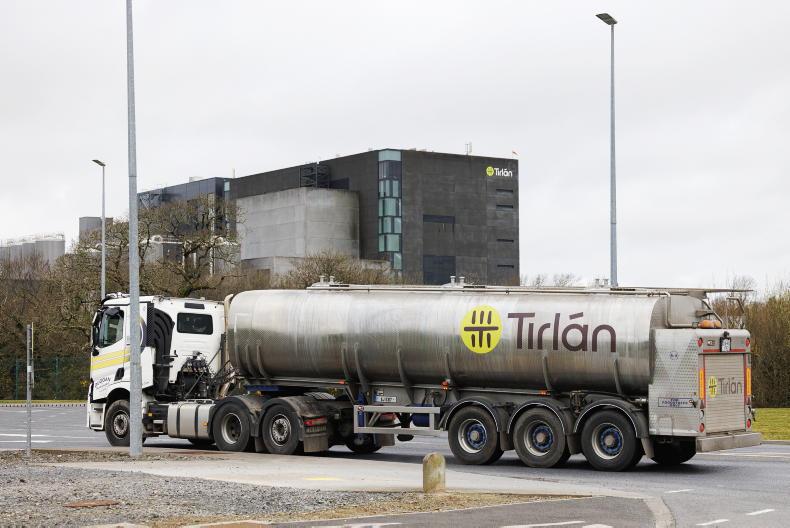
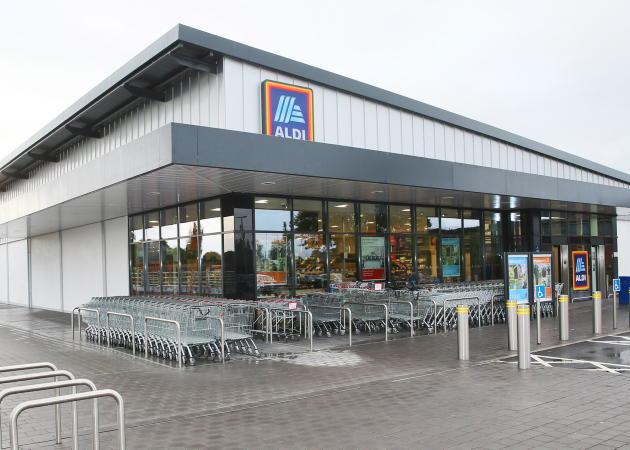
SHARING OPTIONS